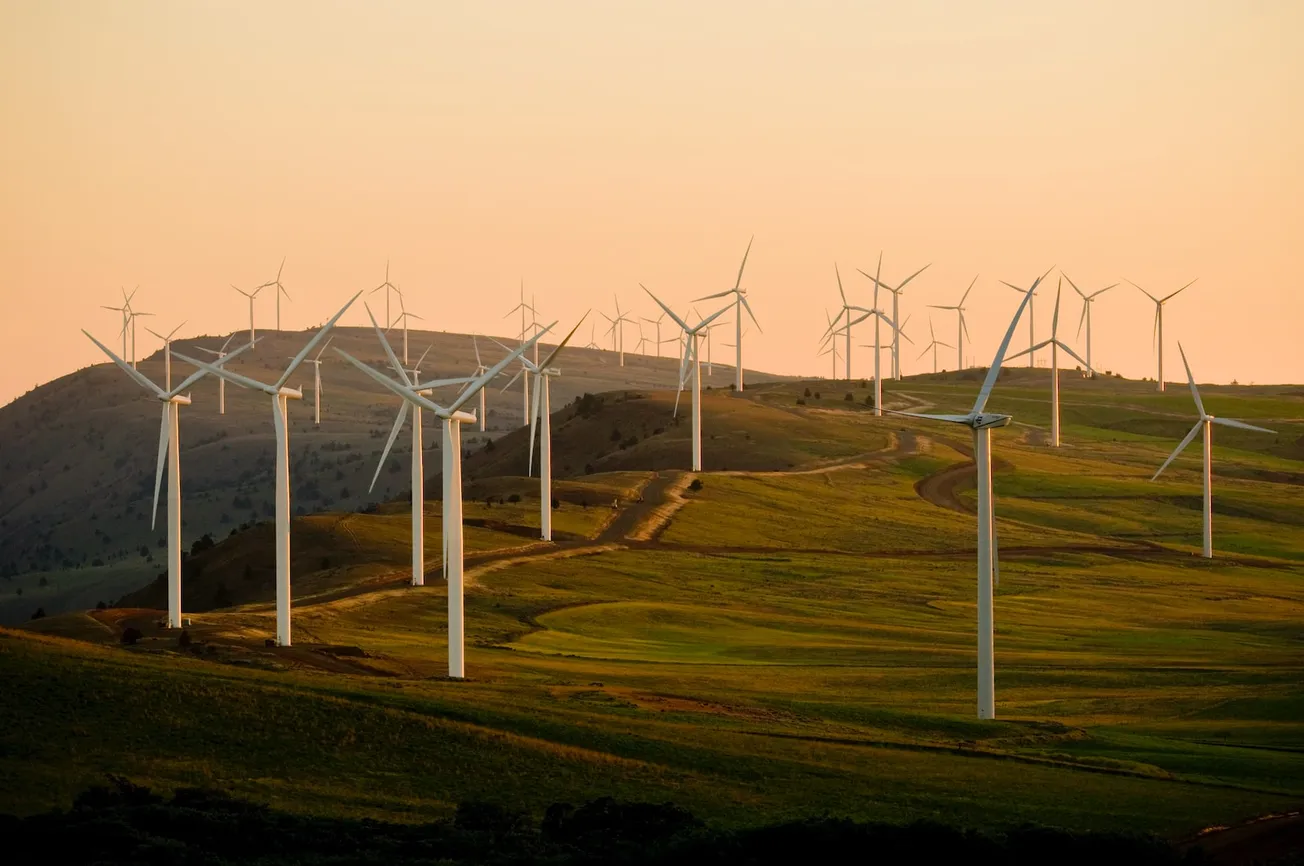Table of Contents
David Wojick
David Wojick, PhD is an independent analyst working at the intersection of science, technology and policy. For origins see stemed.info/engineer_tackles_confusion.html For over 100 prior articles for CFACT see cfact.org/author/david-wojick-ph-d/ Available for confidential research and consulting.
Two recent blog articles are worth flagging because they bear directly on FERC’s proposal to write rules that constrain the grid-threatening spread of renewables.
Written by an experienced power engineer, these articles explain the deep technical problems with increasing renewables while maintaining grid reliability. It is these problems that must be overcome, if they even can be, which is not clear at this point.
I describe the FERC action here: https://www.cfact.org/2022/12/27/ferc-considers-constraining-renewables/ Note that comments are taken until March 6 and this is potentially a ground-breaking rule making.
The blog is climate scientist Judith Curry’s wonderful Climate Etc. This is a great place to see the climate and energy debates in action since many sides get voiced.
The author is power engineer Russell Schussler who writes under the name “Planning Engineer”. He is retired from a major utility and previously chaired the planning committee of one of NERC’s regional entities. It is NERC that will write the FERC rules constraining renewables to maintain reliability.
Planning Engineer has been writing about the US electric power grid for Climate Etc for many years and I have learned a lot from his excellent articles.
These two articles are amusing in their way. Their primary point is that the academics that write so gleefully about going net zero seem to have no idea about the severe technical obstacles to doing anything like that. This would be funny if it were not generating bad energy policies.
The two article titles really give no hint about these deep problems:
“Academics and the grid. Part I: I don’t think that study means what you think it means”
“Academics and the grid. Part II: Are they studying the right things?”
These are long, educational, nontechnical engineering articles so I will not try to cover their contents. Planning Engineer’s Part II summary makes the overall point for both parts I & II, saying this:
Influential academics as a body are encouraging an energy transition to renewables, discussing remote hopes and ignoring huge obstacles and greater costs, which will worsen reliability and eventually result in unbearable blackouts.
In addition to explaining some crucial engineering issues, Part II cites a telling piece of what is called scientometrics, or the measurement of science. I have done a bit of that myself. This little study unintentionally demonstrates the huge gap between the academic literature on achieving net zero and the engineering reality.
The cited study first compiles a lot of the academic journal literature on achieving net zero. It then finds and graphically displays the 100-plus most frequently used technical terms, as a way to see what topics the research is focused on. This is a fairly common form of bibliometric analysis.
What Planning Engineer then points out is that many of the technical terms associated with the renewables problems he identifies are not there. Thus the net zero research is not addressing these problems. Here is how he puts this very serious finding of omission:
What’s striking and most concerning is what is not found in this graphic of key words. Reliability, stability, inertia, voltage control, balancing, vars, spinning reserve, ramping, quick standby, contingencies, damping and oscillations for example. Words commonly associated with the interconnection process of new resources are nowhere to be found within this review of academic papers on the subject of a net zero transaction.
That even the generic term “reliability” does not appear is appalling!
Note that the term “interconnection process” refers to allowing renewables to feed into the grid. The States have authority over building new generating facilities, but FERC has the final say on hooking them into the grid, or as they call it, the “bulk-power system”.
This division of authority may well lead to conflict when FERC tries to constrain renewables, especially with States committed to net zero.
One could do more rigorous research on this net-zero language gap analysis. NERC has a handy (and lengthy) glossary of technical terms related to reliability, which could be systematically compared to the net zero academic literature. See nerc.com/pa/Stand/Glossary%20of%20Terms/Glossary_of_Terms.pdf
In summary, these two Planning Engineer articles provide a very useful overview of the technical issues that may well make net-zero power impossible. Moreover, these are precisely the issues that FERC needs to address in its forthcoming rulemaking to constrain renewables in order to maintain grid reliability.
Reading the articles will help you understand what FERC is trying to do. Reading the academic (and policy) literature will not help, not until they start to pay attention to reliability, which may happen.
Stay tuned to see how this pending FERC-induced drama unfolds.









